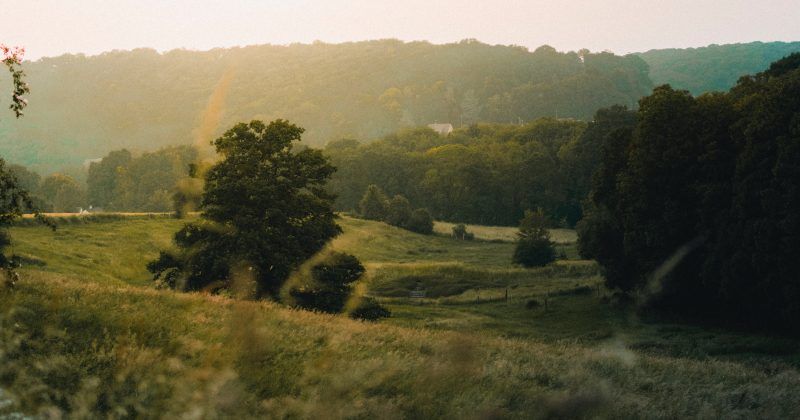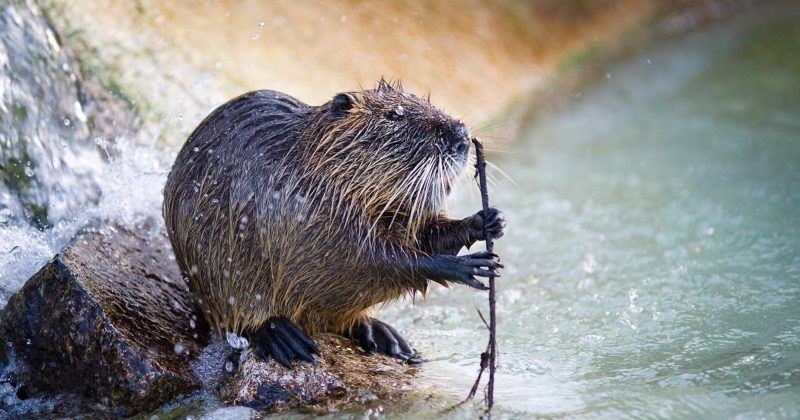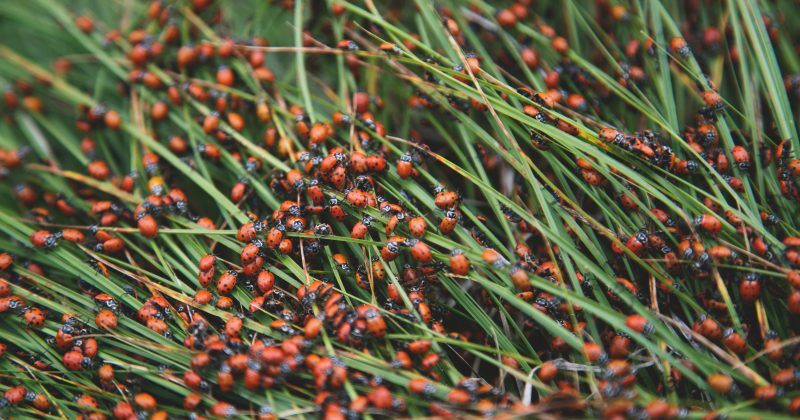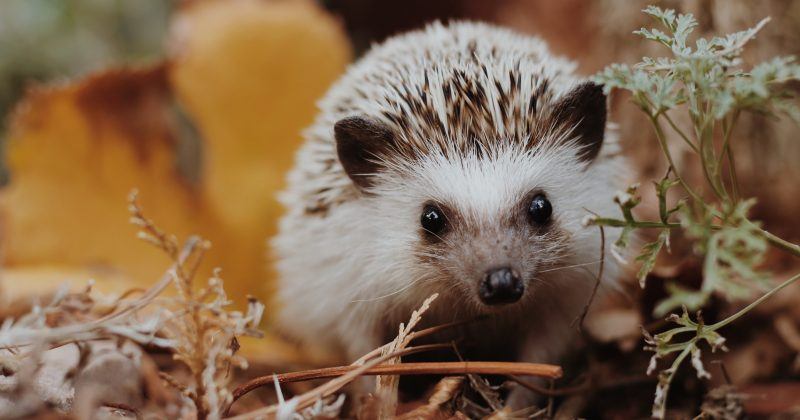
The Quadruple Whammy For Christmas
The press are predicting a difficult winter period, the so called quadruple whammy of Covid-19, influenza, Brexit and climate change (flooding).
We hope it will be much better than that. With good fortune and good behaviour the second spike of coronavirus can be avoided.
Flu vaccines are already being shipped and in the Southern Hemisphere, now in winter, measures to prevent Covid-19 infection are reducing the number of flu infections.
The hit to the economy from Covid-19 is many fold greater than anything predicted for Brexit. In any event, the EU is in as much Covid-19 turmoil as we are.
With international travel at its highest ever level pre-pandemic, this horrible virus spread around the world quickly and although we had some time to react, the ponderous response by Western Governments was fuelled by liberal economists and a series of experts (herd community?) relying on the precedents of other viruses.
Always look outside the box my friends, always.
The shutdown was late (but...





